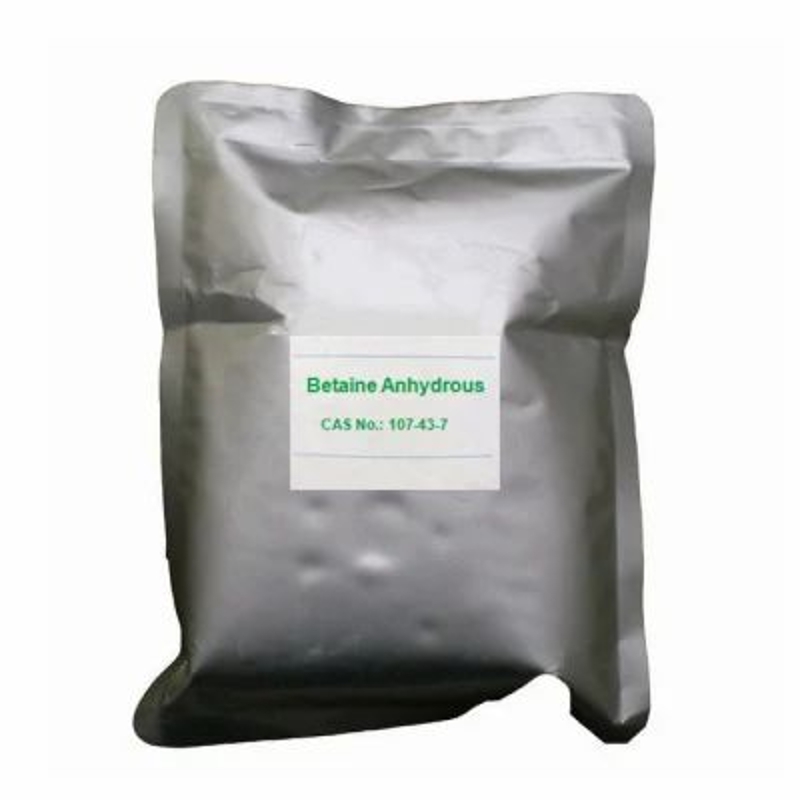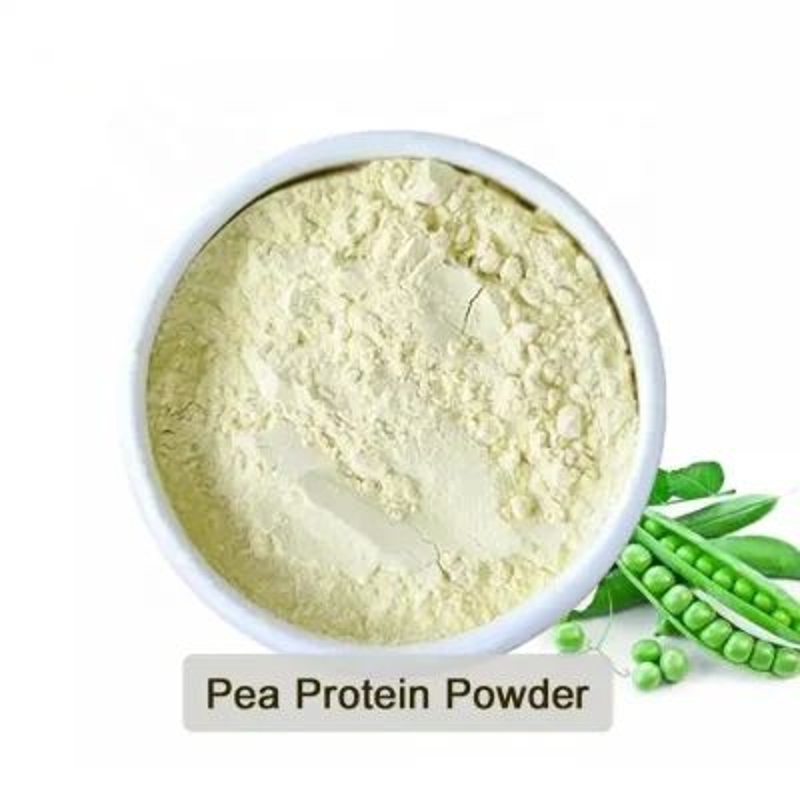-
Categories
-
Pharmaceutical Intermediates
-
Active Pharmaceutical Ingredients
-
Food Additives
- Industrial Coatings
- Agrochemicals
- Dyes and Pigments
- Surfactant
- Flavors and Fragrances
- Chemical Reagents
- Catalyst and Auxiliary
- Natural Products
- Inorganic Chemistry
-
Organic Chemistry
-
Biochemical Engineering
- Analytical Chemistry
-
Cosmetic Ingredient
- Water Treatment Chemical
-
Pharmaceutical Intermediates
Promotion
ECHEMI Mall
Wholesale
Weekly Price
Exhibition
News
-
Trade Service
Patients who take statins to lower high cholesterol levels often complain of muscle pain, which can cause them to stop taking this highly effective medication and put them at greater risk of
heart attack or stroke.
Some clinicians recommend vitamin D supplementation to relieve muscle pain in patients taking statins, but a new study by scientists at Northwestern, Harvard, and Stanford universities shows that vitamin D does not appear to have a substantial effect
.
The study will be published Nov.
23 in the Journal of American Medical Association Cardiology
.
Although non-randomized studies have reported that vitamin D is effective in treating statin-related muscle symptoms, this new study is large enough to rule out any important role
of vitamin D for statin-related muscle symptoms.
The study is the first randomized clinical trial
to look at the effect of vitamin D on statin-related muscle symptoms.
In a randomized, double-blind trial, 2083 participants received 2,000 vitamin D supplements or placebo
per day.
The study found that both groups of participants were equally likely to develop muscle symptoms and stop statin therapy
.
At a follow-up of 4.
8 years, 31 percent of participants taking vitamin D reported statin-related muscle pain and 31 percent of participants taking placebo reported pain
.
Dr.
Neil Stone, a professor of cardiology and preventive medicine at Northwestern University's Feinberg School of Medicine and a cardiologist at Northwestern Medical School, said, "We have high expectations for the efficacy of vitamin D because statin-related muscle symptoms are the main reason
many patients stop taking statins in our clinic and nationwide.
" "So, it's very disappointing that vitamin D didn't
pass rigorous testing.
" However, it is important to avoid ineffective treatments and instead focus on research
that can provide answers.
”
Statins and vitamin D supplements are two of the most commonly used medications
by adults in the United States.
About 30 million to 35 million Americans take statins, and about half of people 60 and older take vitamin D supplements
.
"We utilized a large placebo-controlled randomized trial to test whether vitamin D reduces statin-related muscle symptoms and helps patients continue taking statins," said
Mark Heratki, Ph.
D.
, lead author of the study and professor of health policy and cardiovascular medicine at Stanford University.
"The placebo control in the study is important because if people think vitamin D should reduce their muscle pain, they may feel better when taking vitamin D, even if vitamin D does not have a specific effect
.
"
A sub-study in a larger clinical trial
The 2,083 patients belonged to the larger cohort of participants in the Vitamin D and -3 Trial (VITAL), which randomized nearly 26,000 participants to determine whether vitamin D supplementation could prevent cardiovascular disease and cancer
.
This provides researchers with a unique opportunity to test whether vitamin D can reduce muscle symptoms
in participants who started taking statins during the larger VITAL trial follow-up.
The average age of the study participants was 67, and 51% were women
.
"Randomized clinical trials are important because many very good ideas don't work as well as we would like when tested," Heladky said
.
"Statistical correlation does not prove causation
.
Low vitamin D levels have been linked to many medical problems, but it turns out that giving people vitamin D often doesn't solve these problems
.
”
For patients reporting statin-related muscle pain
Sometimes, Dr.
Stone notes, the secret to understanding patients who have difficulty using statins is to analyze other medications they are taking, determine if they have associated metabolic or inflammatory symptoms, counsel them about their ability to hydrate, and, importantly, discuss "pill anxiety.
"
"For those who have difficulty taking statins, it is still very important
to have a systematic evaluation by a doctor who has experience dealing with these issues," Stone said.
The idea for this secondary study arose from a conversation between study co-author Dr.
Pedro Gonzalez and Dr.
Stone, who was a resident at Northwestern Memorial Hospital at the time and ran a large lipid clinic
in Northwestern.
Other authors of the study include JoAnn E.
Manson and the VITAL research group
from Brigham and Women's Hospital, Harvard Medical School, and the Harvard T.
H.
School of Public Health.
Journal Reference:
Mark A.
Hlatky, Pedro Engel Gonzalez, JoAnn E.
Manson, Julie E.
Buring, I-Min Lee, Nancy R.
Cook, Samia Mora, Vadim Bubes, Neil J.
Stone.
Statin-Associated Muscle Symptoms Among New Statin Users Randomly Assigned to Vitamin D or Placebo.
JAMA Cardiology, 2022; DOI: 10.
1001/jamacardio.
2022.
4250







